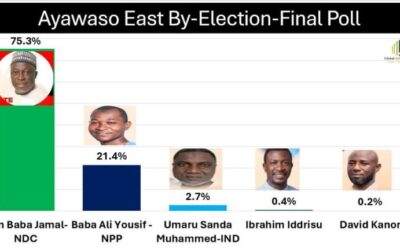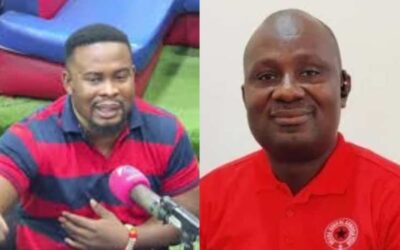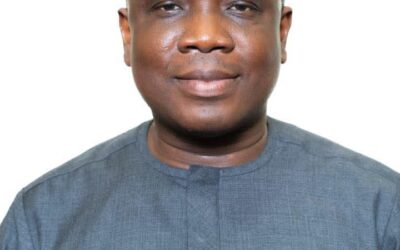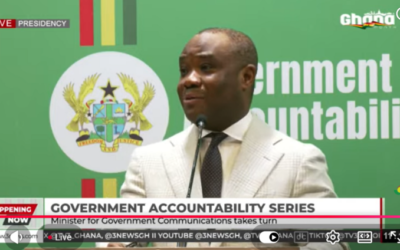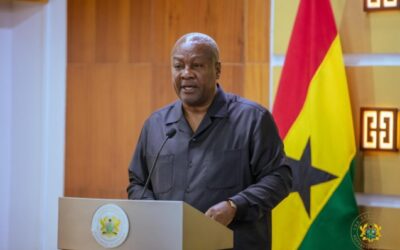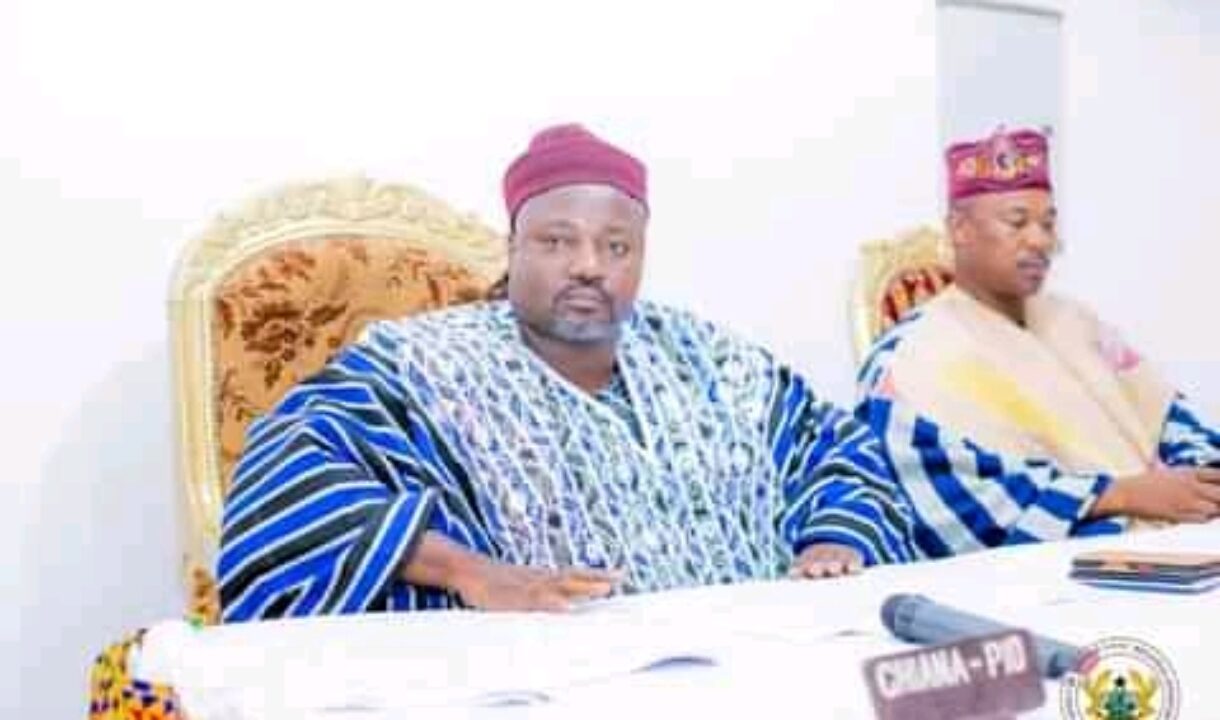In an era where democracy, rule of law, and fair competition reign supreme, it is both surprising and disappointing to witness attempts to undermine an election process that followed legal procedures and best practices. The suit brought against the Chiana Pio, Pe Detundini Adiali Ayagitam and Mirigu Naba, Naaba Anonsona Abisa Anthony Atasige III, by the Tongrana Nab Kugbilsong-Nanlebegtang and Sandema Nab, Nab Azagsuk Azantilow challenging the election of Chiana Pio as the President of the Upper East Regional House of Chiefs, is a case in point. This legal battle, centered around an outdated and informal rotational agreement, reveals a fundamental misunderstanding of the laws governing the chieftaincy institution and raises questions about the motivations behind the suit.
First, let us address the claim regarding the rotational system. While the Tongrana and Sandema Nab insist that the Chiana Pio’s election violates a so-called rotational arrangement, they fail to acknowledge a crucial fact: *the rotational system they refer to is not enshrined in the Chieftaincy Act nor the standing orders of the Upper East Regional House of Chiefs.
It was nothing more than a “gentleman’s agreement” suggested in 2001 by the Sakoti Naba, not a binding legal framework. The Upper East Regional House of Chiefs has conducted elections since 1959, and its operations have always been guided by the stipulations of the Chieftaincy Act. The rotational system, in essence, was a suggestion—not law.


If the rotational system had such importance to the plaintiffs, why did they (Tongorana and Sandem Nab participate in the very election they now seek to invalidate?
It is worth noting that both Tongrana and Sandema Naab were active participants in the election held on September 16, 2024. Not only did they support candidates, cast their votes, and engage fully in the process, but they also congratulated the winners when the results were declared. In fact, Sandema Nab even went further by inviting some of the contestants he supported to his palace and campaigned for them in the presence of chiefs from his traditional area. At what point, one might ask, did they suddenly remember the existence of this informal rotational system? Their belated opposition suggests that their grievances are rooted in disappointment, not principle.
The election process adhered strictly to the legal framework outlined by the Chieftaincy Act.
In addition, the Regional House of Chiefs followed established procedures in conducting the election. Any concerns regarding the process should have been raised before or during the election—not weeks after its conclusion. By waiting three weeks after the election to contest its legitimacy, the Tongrana and Sandema Nab are essentially showing dissatisfaction with the results, not the process itself.
In any election, losing is difficult, but resorting to legal action based on a misinterpretation of the law is neither justifiable nor constructive. The fact remains that the election of Chiana Pio was conducted fairly, with the participation and endorsement of all involved parties, including the plaintiffs.

The argument that the rotational system should have been applied holds no water when one considers that the rotational agreement was not a legally binding rule but rather a suggestion that has long since run its course.
In fact, many chiefs had already rejected the idea, viewing it as divisive and limiting the democratic rights of those in the House of Chiefs. Tribalism accusations, which have haunted this outdated system, further illustrate why its application is no longer appropriate.
For Tongrana and Sandema Nab to now call for an interlocutory injunction to restrain the Chiana Pio from assuming his rightful position is both an act of desperation and a move that disrespects the will of the majority. If they had genuine concerns about the rotational system, those concerns should have been brought to the table long before the elections took place. Instead, they chose to support candidates and participate fully in the election process. Now that they have lost, they seek to undo a legitimate outcome.
Chiana Pio and his team are ready to meet them in court and will defend the integrity of the election.
The laws governing the chieftaincy institution are clear, and the plaintiffs’ reliance on an informal and outdated system is simply out of step with both tradition and modern legal practice.
We urge the Tongrana and Sandema Naab to reconsider their position and accept the results of the election, which was conducted in full accordance with the Chieftaincy Act.
The attempt to challenge the legality of this election undermines the democratic principles upon which the Regional House of Chiefs was built and threatens to destabilize the very institution they claim to protect.
In conclusion, the Tongrana and Sandema Naab’s decision to file this lawsuit is not only legally flawed but also an unnecessary distraction. Their involvement in the election, their support for candidates, and their post-election congratulations make it clear that their current stance is driven by the bitterness of defeat rather than any true violation of the law.
The Upper East Regional House of Chiefs has long moved past the informal rotational system, and it is time for these respected leaders to do the same. Let the rule of law, as outlined in the Chieftaincy Act, prevail, and let the victors assume their rightful positions in service to the people of the region.
By Mashoud Bawa
Contact mbawa@yahoo.com






